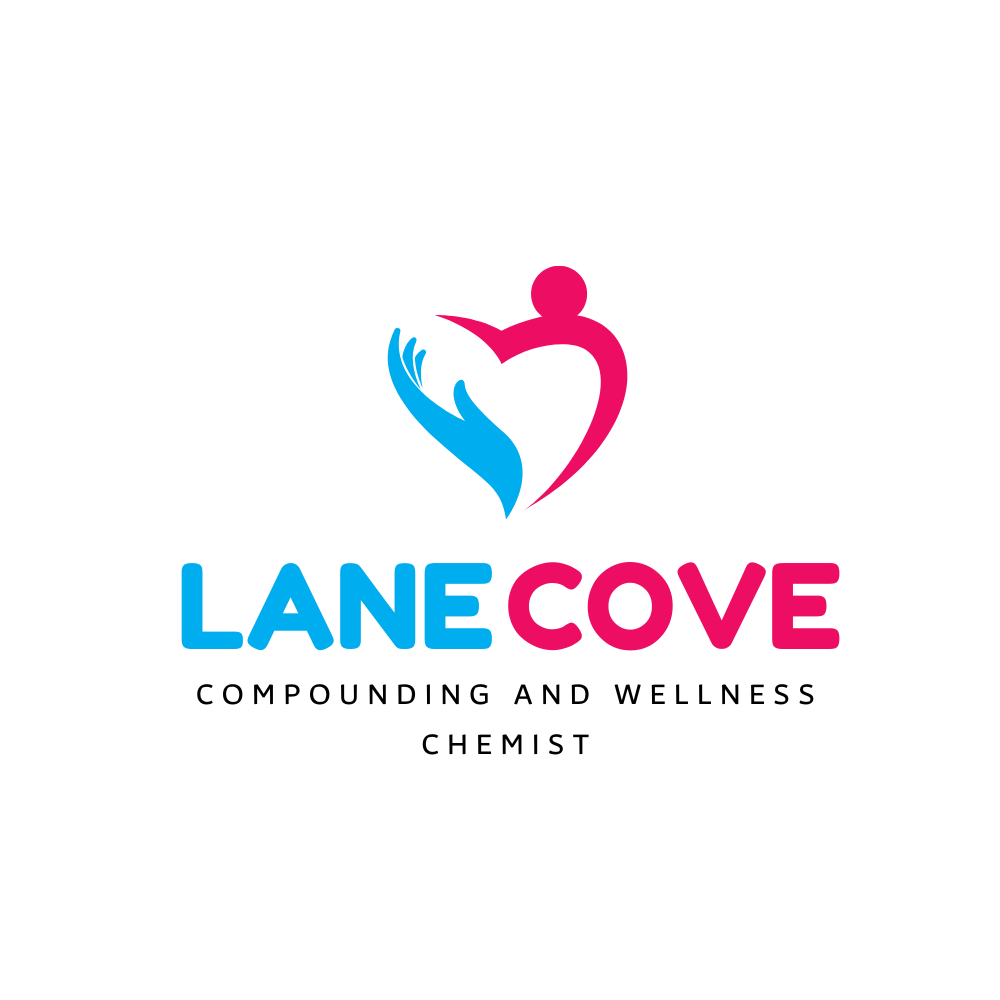Case study
We found that Neurones appear to “hibernate” for a period of time following an ischaemic event (deprived of regular blood and oxygen supply), as the blood flow might still support nerve cell life but not function. This finding is supported by the following paper (https://www.ncbi.nlm.nih.gov/pmc/articles/PMC3985770/).
They may do this by shutting down all activity and conserving their ATP. If specific supplements assisting cell respiration* are administered following a stroke, then brain activity may have a good chance of recovery, if the clot can be reduced to return blood flow. So, I suggested clot reducing supplements* simultaneously to help restore circulation, and this had a good effect on a client a few days after the stroke. Having been completely paralysed on the right side with no voice, he was walking, had a firm handshake and talking normally after 6 months.
His words were: “as soon as I took the first dose of the (above supplements), I felt strength begin to return”.
(Henry Osiecki once gave a lecture re conserving ATP activity following a stroke). The fact that this suggestion worked in the above case indicates that at the time of the stroke, the nerves hibernated rather than simply necrosed immediately they became ischaemic and responded when given these plus simultaneous treatment of blood clot.
*Information available on direct request but unethical to publish or suggest without consultation.
